How might we discourage procrastination in online learning?
NUS Industrial Design Thesis Project ⸱ 2021
Skills: Primary, Secondary & User Behaviour Research, Interaction Design, Prototyping, Usability Testing, Qualitative & Quantitative Evaluation, 3D Modelling & Rendering, Videography
PROBLEM
In 2020, 76% of undergraduates identified the lack of motivation as the biggest obstacle for online learning.
TASK
As part of my final year thesis project at NUS Industrial Design, the goal was to design something that could discourage procrastination among tertiary students studying remotely.
WHAT WAS MADE
berry-like-jumbo is a tabletop device that reflects your friends' real time desk activity. It aims to recreate the classroom experience by leveraging on motivation contagion - the spread of motivation between socially connected individuals (more on that later).

HOW IT WORKS
Imagine James -
-
He owns this mini IoT device that captures motion detected around his desk - e.g. when he is studying, playing computer games or reaching out for a glass of water.
-
James and his friends each own a berry-like-jumbo which are paired to one another. This way, James' desk activity would be reflected on his friends' devices in the form of subtle data visualisation.
-
His friends can then learn about his real time desk presence, and vice versa.
The 4 key interactions are as follows.





How does motivation contagion work?
BEHAVIOUR SCIENCE FRAMEWORKS
The Community of Inquiry (COI) model highlights the necessary dimensions in creating meaningful online learning experiences. It emphasises the importance of social presence, which has proven instrumental in sustaining academic interest and reducing dropout rates. Also, students who felt connected to peers attained higher grades and enjoyed greater emotional satisfaction. How then, can we recreate social presence in online learning?

Did you know? Motivation is contagious. Imagine being in the library at night, feeling tired from a long day of work. You feel restless and ready to call it a day. At this point, you look up and see the person sitting opposite you in deep focus, nowhere ready to give up. In that instant, you involuntarily 'catch' his perseverant attitude and feel driven to push on for a little longer. Such occurrences are known as motivation contagion, which often occurs at unconscious levels. How then, can we engineer motivation contagion when students are physically separated?

How do you create 'motivation contagion' when people are physically apart?
THE VERY FIRST PROTOTYPE
This was my first attempt at a low fidelity social presence network that friends could rely on to learn one another's desk activity. It was a Wizard of Oz experiment, where 6 participants were led to believe the LEDs lit up based on their friend's real time desk presence over a period of 48 hours.
The setup comprised a PIR motion sensor and an IoT Arduino board.

At first i was a bit skeptical if it was going to work, but one night i saw the lights lighting up and did feel a bit better. It did not actually matter to me if people were doing non-work stuff, it felt nice that they were there.
FINDINGS & INSIGHTS*
-
Participants found this real time presence indication reminiscent of a study companion, which proved useful in getting them to start and follow through with work.
-
Participants did not want to know their friends’ desk presence all the time. They were more interested when they feel unmotivated or lazy.
-
Participants sometimes felt worse when no one was around, but they felt a lot better when they were tired but had unfinished work.
With that, I set out to refine my solutioning.
How do we know what is the right level of 'presence'?
REFINEMENT: IOT SIMULATION DEVICE
Over the course of the next 3 months, I explored with variations in interaction design and haptics to identify the most appropriate level of social presence - enough to keep users motivated yet subtle enough to not be a source of distraction or infringement of privacy.

THE SECOND PROTOTYPE
I integrated more functions and visual data in the social presence network and tested it with 11 participants over 48 hours. The goal was to assess the effectiveness of bi-directional interactions.



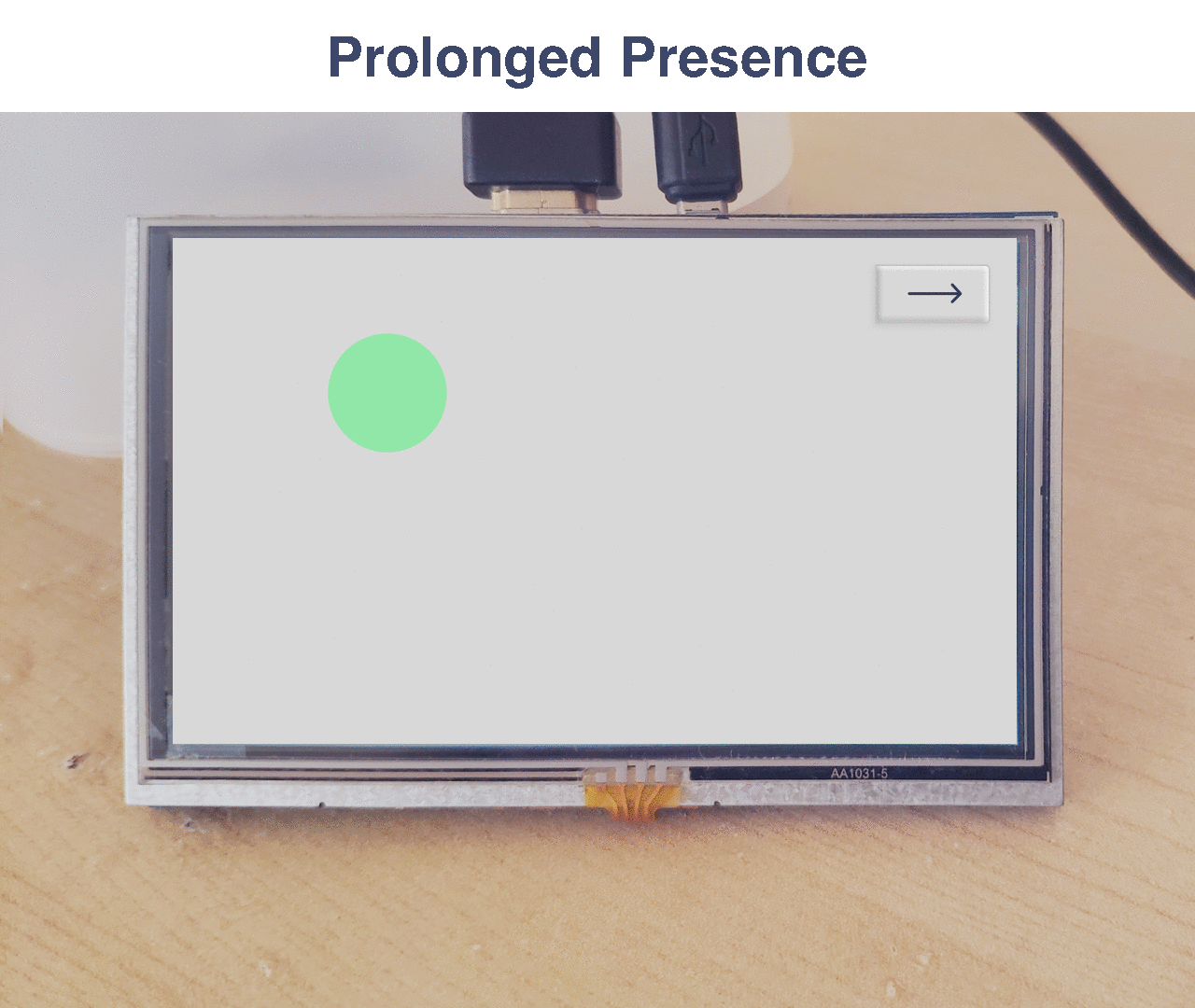

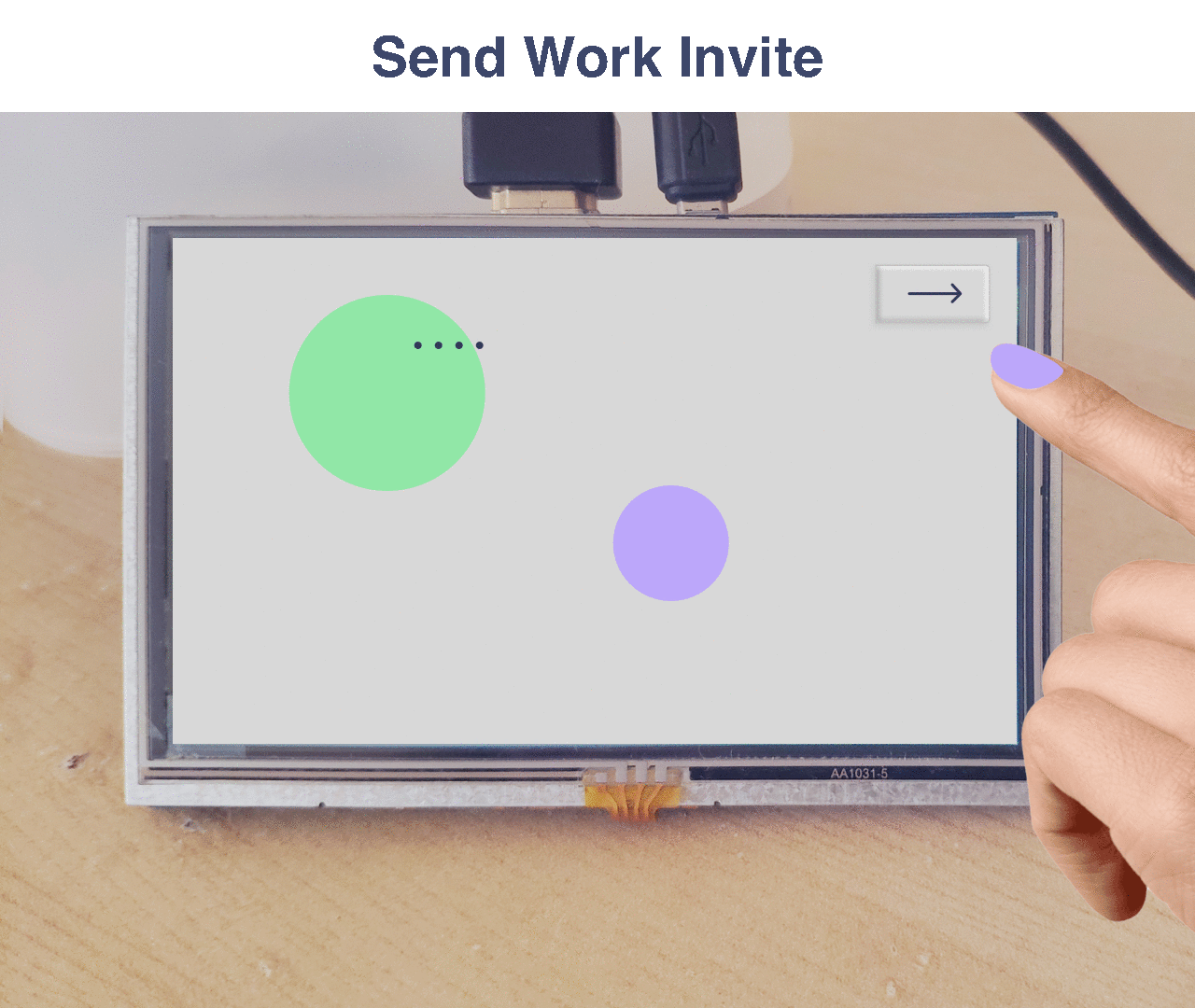
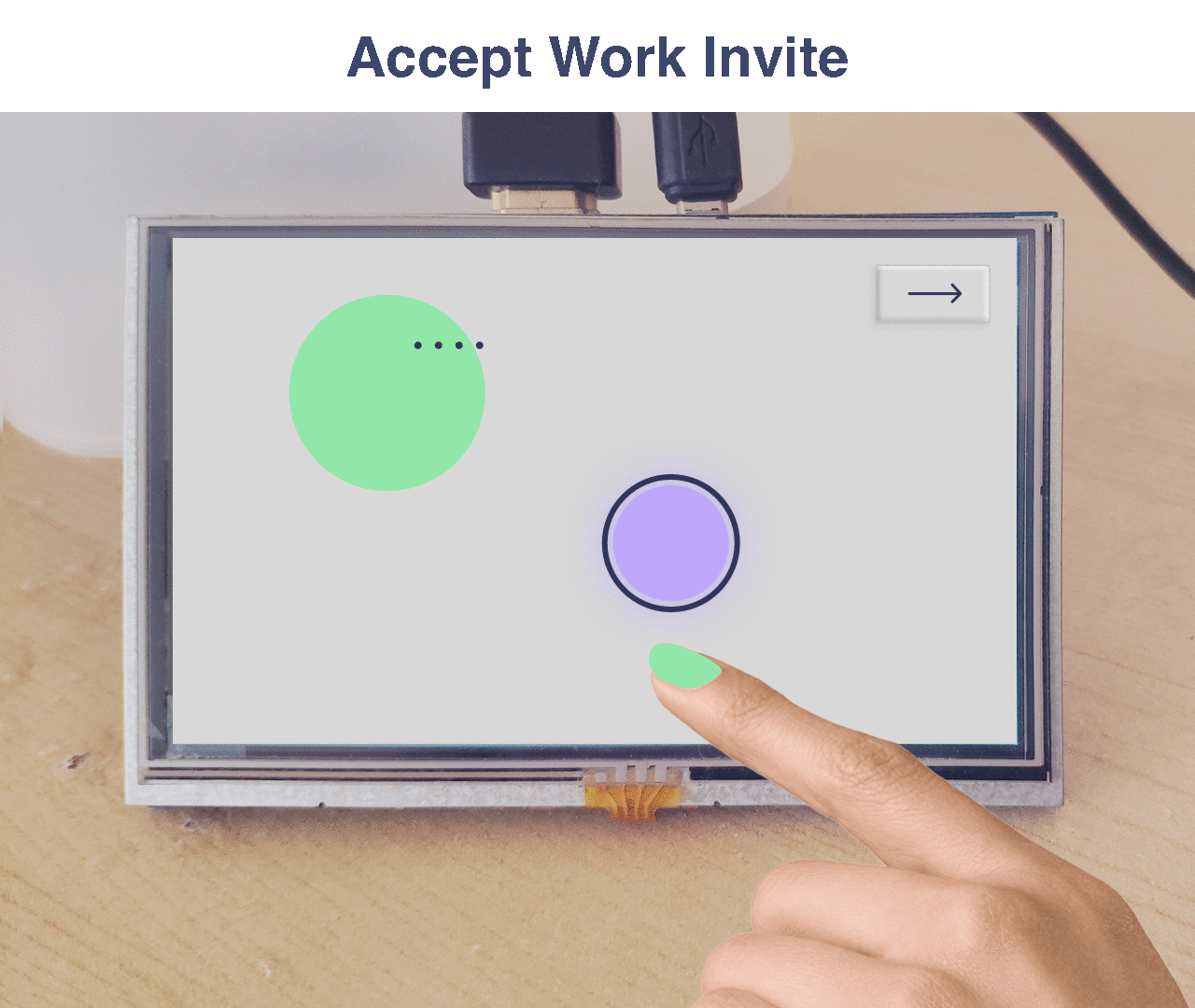
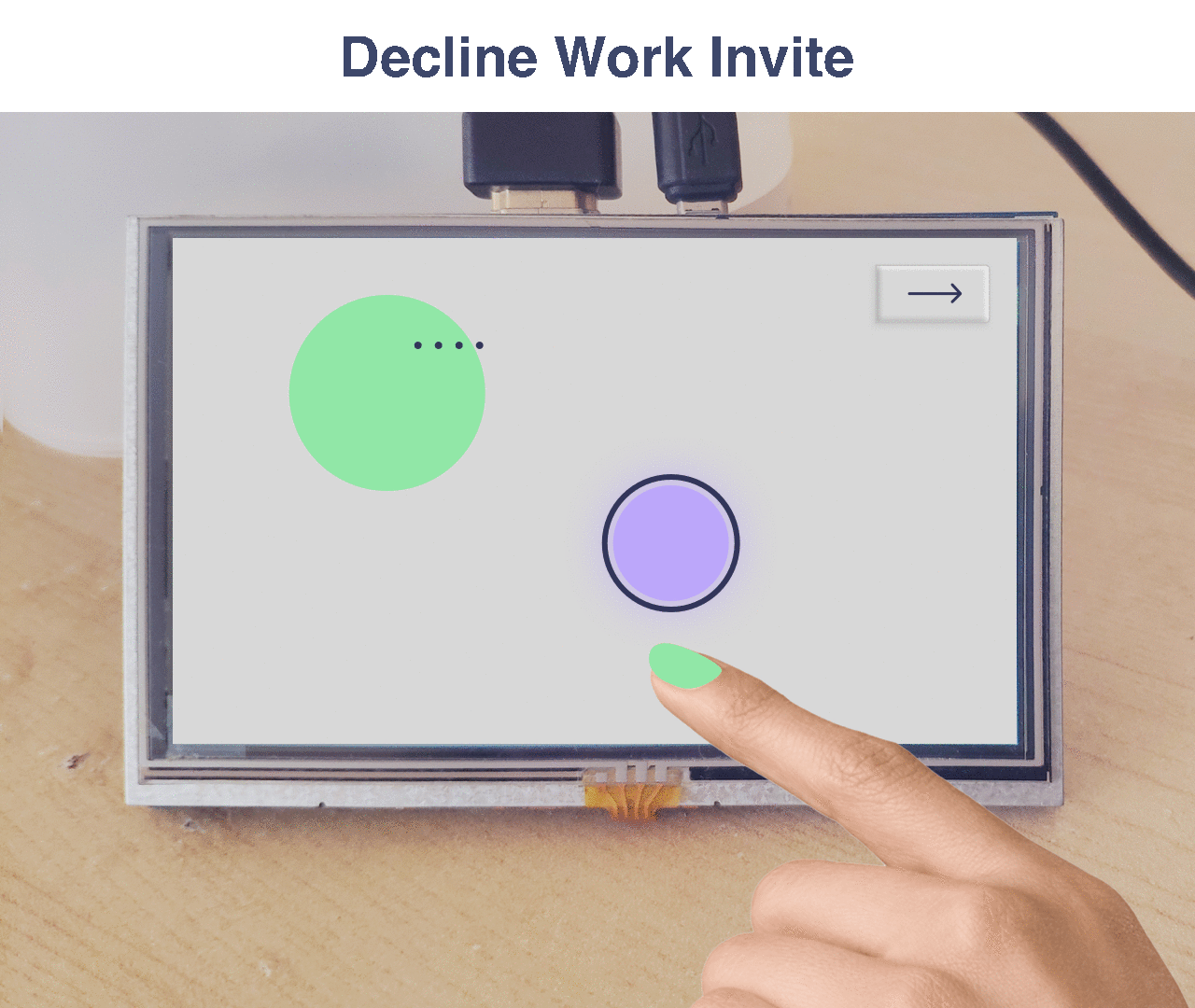

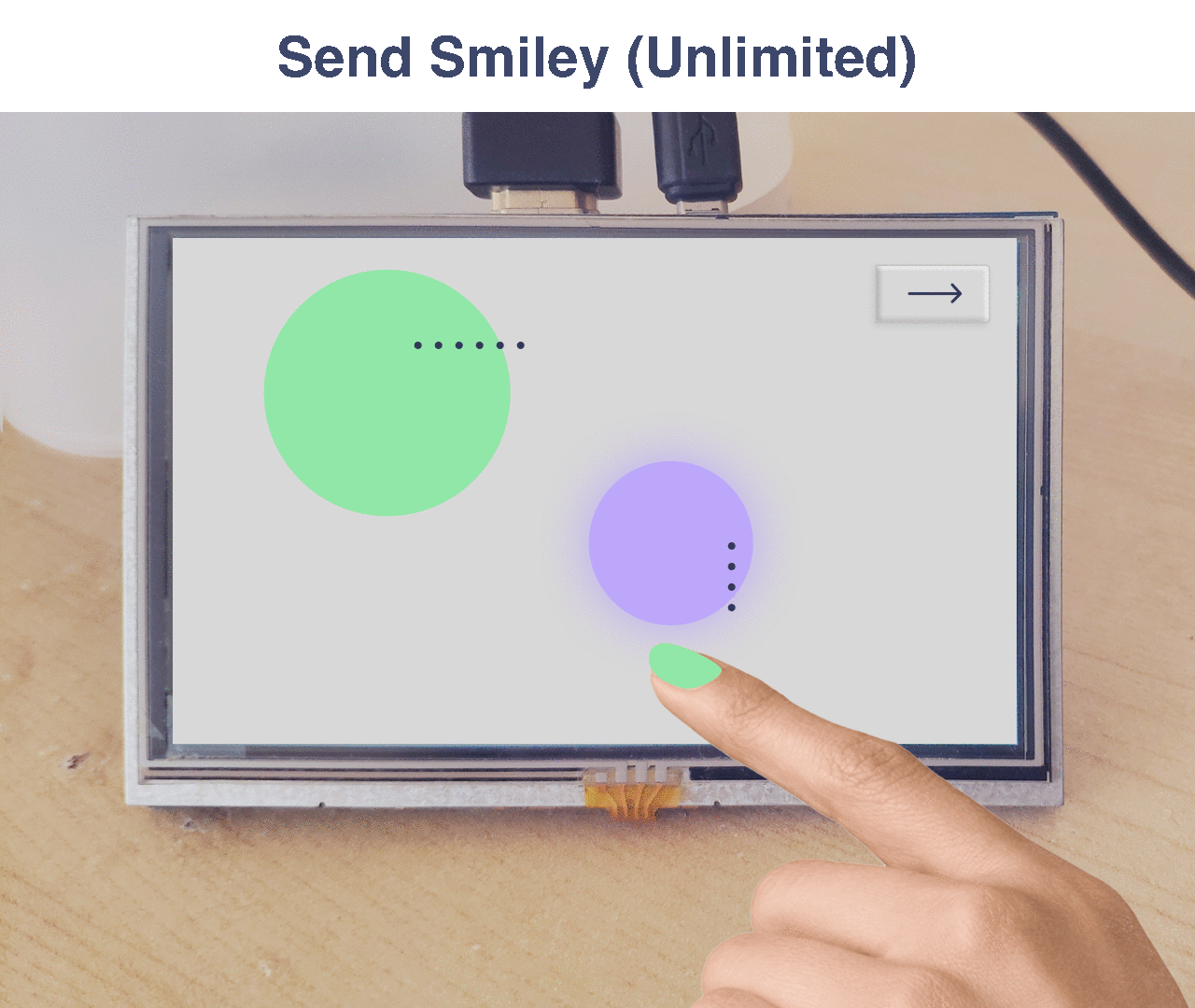
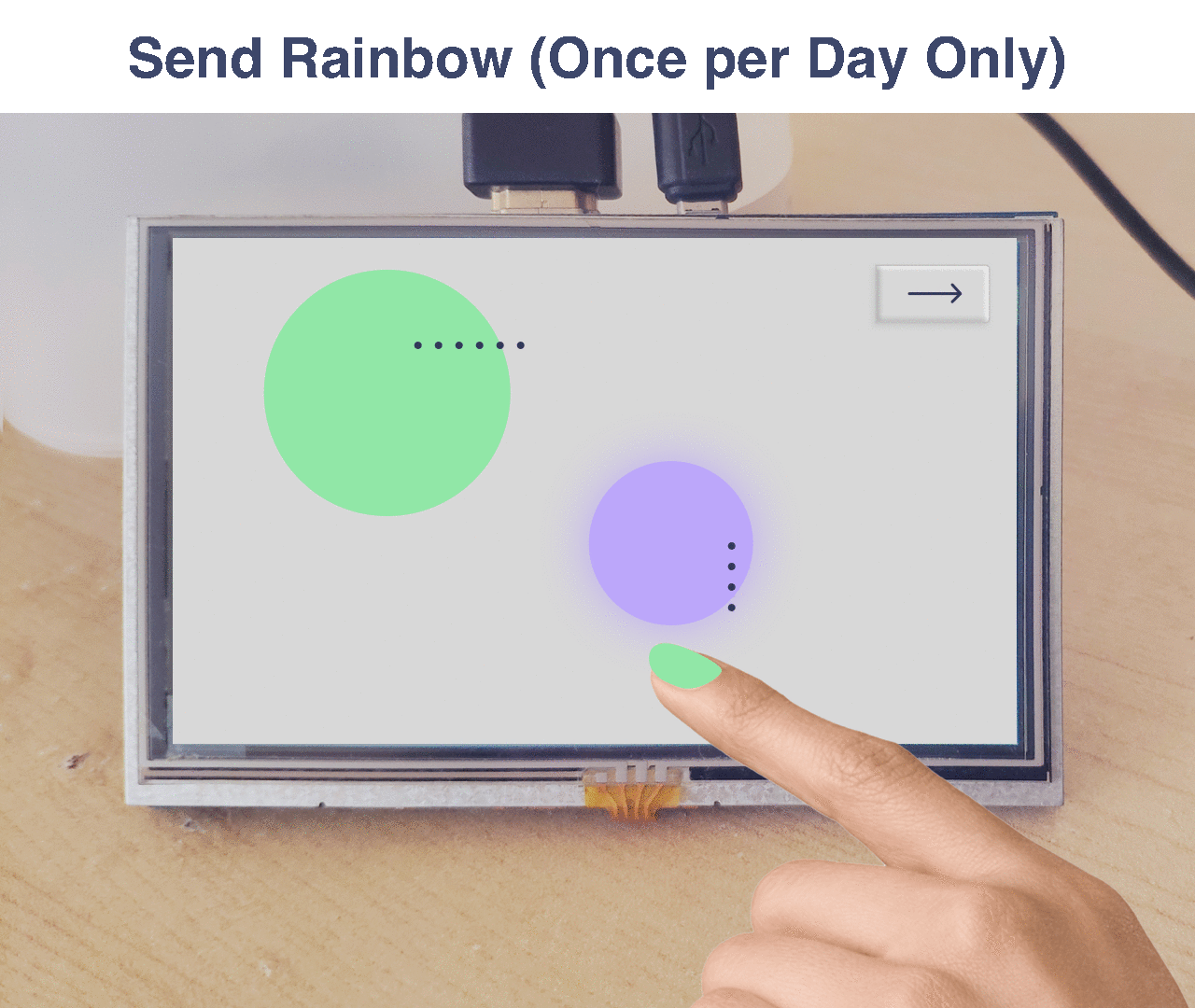
QUALITATIVE EVALUATION
Participant feedback showed that half of the interactions added were superfluous and did little to enhance motivation. However, the key function of social presence was championed in it's effectiveness in discouraging procrastination.
QUANTITATIVE EVALUATION
The General Procrastination Scale for Students (1986) was used to assess the effectiveness of berry-like-jumbo among 11 participants. Overall, there was a significant decrease in procrastination levels, with some aspects logging up to a 50% drop*.
*Questions 2, 4, 8 and 9 are scored in reverse (%Δ tabulated differently)
%20Validation%20Scores.png)
What did we do in the end?
I stripped away the frills and reverted to the initial concept— while it had its downsides as discovered in the first usability test, falling back on reflecting real time social presence proved to be the most effective in reducing procrastination in students.
The 4 key interactions below were baked into the final solution.

FINALISED SOLUTION
Introducing berry-like-jumbo — a tabletop device that captures your friends' desk activity. It aims to engineer motivation contagion by recreating the classroom experience among your close friends.





END
Thank you for reading :)